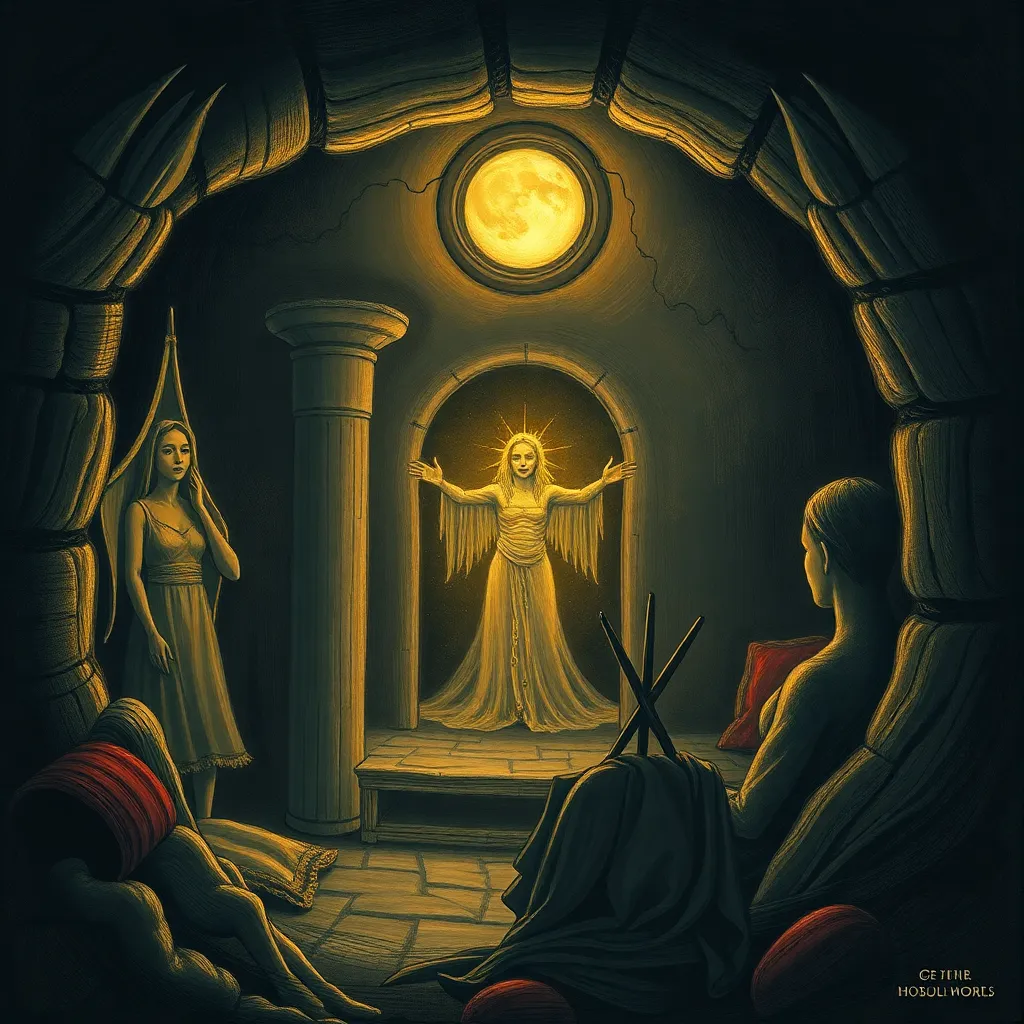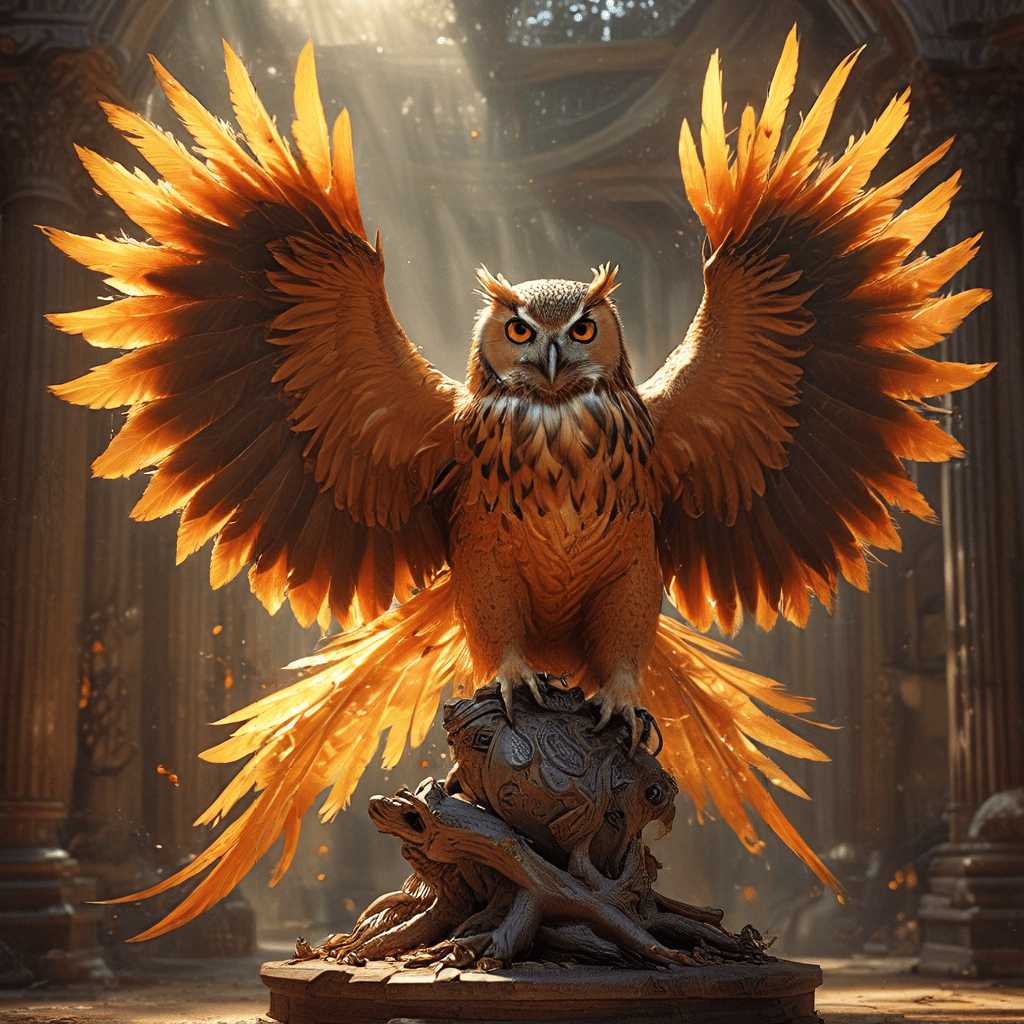The Unicorn in Myth and Legend
The unicorn, a majestic creature with a single spiraled horn, has captivated the human imagination for centuries. This mythical beast, often depicted as a white horse with a pointed horn on its forehead, is a legendary symbol of purity, grace, and healing. Its origins lie deep within ancient myths and legends, woven into the folklore of many cultures.
In ancient Greece, the unicorn was associated with the goddess Hecate, who was known for her connection to magic and the underworld. The creature was believed to possess magical powers and was often depicted as a symbol of strength and invincibility. In medieval Europe, the unicorn became a popular subject in art and literature, appearing in tapestries, paintings, and heraldic crests.
Legends surrounding the unicorn often portray it as a creature of great power and beauty. It was believed to be impossible to capture a unicorn alive, as it could only be subdued by a pure maiden. This association with purity and innocence contributed to the unicorn’s reputation as a symbol of virtue and chastity. The unicorn was also said to possess the ability to heal the sick and purify water, further solidifying its association with healing.
Unicorn Horns: A Symbol of Purity and Healing
One of the most enduring aspects of the unicorn mythology is the belief in the healing properties of its horn. For centuries, unicorn horn has been prized in various cultures as a potent medicine, believed to cure a wide range of ailments. The horn was thought to have a powerful, purifying effect, capable of neutralizing poisons and warding off disease.
The association of unicorn horn with healing is likely rooted in the creature’s association with purity and innocence. The horn itself, with its spiraled shape and white color, symbolizes purity and virtue. In many cultures, the horn is believed to be a conduit for divine energy, capable of absorbing and channeling healing forces.
The unicorn’s horn was also believed to be a powerful antidote for poisons. Throughout history, people have believed that unicorn horn could neutralize venomous bites and stings, protect against infectious diseases, and even cure madness.
A History of Unicorn Horn as Medicine
The use of unicorn horn as medicine dates back to ancient times. The Greek physician Dioscorides, who lived in the 1st century AD, wrote about the medicinal properties of unicorn horn, suggesting it could be used to treat a variety of ailments. In the Middle Ages, unicorn horn was highly prized as a medicine among European elites. Kings, queens, and wealthy merchants were willing to pay astronomical sums for even small fragments of the horn.
Unicorn horn was believed to be effective against a wide range of ailments, including fevers, plague, and poisoning. It was often ground and dissolved in wine or water, then consumed as a remedy. It was also used as a topical treatment for wounds and infections.
The use of unicorn horn as medicine was not limited to Europe. In Asia, unicorn horn was also valued for its healing properties. In China, it was believed to have anti-aging and longevity-enhancing effects.
The Chemical Composition of Unicorn Horn
While the unicorn is a mythical creature, the horns used in ancient medicine were not entirely fictional. The “unicorn horn” was actually the horn of the narwhal, a large arctic whale with a long, spiraled tusk that protrudes from its upper jaw. The horn of the narwhal, which is actually a tooth, is composed primarily of dentine, a hard, ivory-like substance.
The narwhal’s horn has a unique chemical composition, containing trace amounts of minerals such as calcium, magnesium, and phosphorus. The high mineral content may have contributed to the belief that unicorn horn possessed medicinal properties.
Possible Medicinal Properties: Anti-Inflammatory and Antibacterial Effects
While the medicinal properties of unicorn horn have not been scientifically proven, some researchers believe that it may have possessed certain therapeutic effects. The horn’s chemical composition, particularly its high mineral content, could potentially have contributed to its perceived medicinal benefits.
The horn’s properties may have been related to its possible anti-inflammatory and antibacterial effects. The mineral content of unicorn horn could have contributed to its anti-inflammatory properties, reducing swelling and pain. The horn’s surface may also have contained antimicrobial agents, capable of inhibiting the growth of bacteria and preventing infections.
However, it is important to note that these potential medicinal properties are based on speculation and have not been scientifically validated.
The Placebo Effect and the Power of Belief
The belief in the healing power of unicorn horn is a testament to the power of the placebo effect. The placebo effect is a phenomenon where a person experiences a positive outcome from a treatment that has no inherent medical properties. It occurs because the person believes the treatment will work, leading to a psychological and physiological response.
In the case of unicorn horn, the belief in its healing properties may have led people to experience positive outcomes, even if the horn itself did not possess any actual medicinal effects. The act of consuming or applying a substance believed to be potent could have triggered a physiological response, reducing pain or inflammation and boosting the immune system.
The placebo effect is a powerful force in medicine, and it highlights the importance of the mind-body connection. When people believe they are receiving effective treatment, their bodies can sometimes respond accordingly, leading to improved health outcomes. This is why the power of belief, even in mythical cures, can have a profound impact on health and well-being.
Unicorn Horn in Alchemy and Magic
The unicorn’s horn also played a significant role in alchemy and magic. Alchemy, a practice that sought to transmute base metals into gold, saw the unicorn horn as a powerful symbol of purity and transmutation. Alchemists believed that the horn could be used to purify substances and enhance their potency.
The horn’s association with magic and mystical properties further solidified its role in healing practices. In many traditions, unicorn horn was believed to possess the ability to ward off evil spirits, protect against curses, and enhance spiritual awareness.
The unicorn’s horn was often incorporated into magical potions and elixirs, believed to have powerful healing and protective effects. The horn’s spiraled shape was seen as a symbol of cosmic energy and the connection between the physical and spiritual realms. In many magical traditions, the unicorn horn is still considered a potent symbol of healing and transformation.
The Unicorn as a Spiritual Symbol of Healing
Beyond its physical properties, the unicorn is a deeply symbolic creature, representing spiritual healing and transformation. In many cultures, the unicorn is seen as a symbol of innocence, purity, and divine grace. Its single, spiraled horn is often interpreted as a representation of the divine spark within each individual.
The unicorn’s association with healing is deeply rooted in its spiritual symbolism. The creature’s ability to heal the sick and purify water is often seen as a metaphor for the power of spiritual healing. The unicorn represents the potential for transformation and renewal, guiding individuals toward a state of wholeness and spiritual enlightenment.
The unicorn’s healing power is not merely a physical phenomenon but a spiritual one. It represents the ability to transcend limitations and tap into the inherent healing potential of the human spirit. The unicorn’s presence in myths and legends serves as a reminder of the power of hope, faith, and the transformative potential of the human spirit.
Modern Interpretations of the Unicorn and Healing
The unicorn continues to fascinate and inspire people today. Its image is often used in modern culture as a symbol of hope, purity, and healing. Many artists, writers, and musicians have drawn inspiration from the unicorn’s mythology, incorporating the creature into their works.
In modern medicine, the unicorn serves as a reminder of the importance of holistic healing. Many alternative and complementary medicine practitioners emphasize the importance of addressing the physical, mental, emotional, and spiritual aspects of health. The unicorn symbolizes the interconnectedness of these aspects and the potential for healing that arises when all parts of the self are in harmony.
While the unicorn is a mythical creature, its symbolism continues to resonate with people across cultures and time. The unicorn’s association with healing, purity, and spiritual transformation reminds us of the power of hope, imagination, and the inherent healing potential that lies within us all.
The Enduring Power of the Unicorn Myth
The unicorn myth has endured for centuries, captivating the human imagination across cultures and time periods. The creature’s association with purity, grace, and healing has resonated with people throughout history, offering a symbol of hope and transformation.
The enduring power of the unicorn myth is a testament to the human desire for something greater than ourselves, a belief in the power of the divine and the possibility of healing. The unicorn represents our longing for something pure and innocent, a world free from pain and suffering.
The unicorn continues to inspire and enchant us today, reminding us of the importance of imagination, belief, and the transformative power of the human spirit. Even though the unicorn is a mythical creature, its legacy continues to shape our understanding of beauty, healing, and the power of the imagination.
FAQ
Q: Is unicorn horn a real thing?
A: No, unicorn horn is not a real thing. The “unicorn horn” used in ancient medicine was actually the horn of the narwhal, a large arctic whale with a long, spiraled tusk.
Q: Did people really believe that unicorn horn could heal?
A: Yes, people in ancient times and the Middle Ages believed that unicorn horn possessed powerful healing properties. The horn’s association with purity and innocence, coupled with its unique chemical composition, contributed to this belief.
Q: Is there any scientific evidence to support the claims about unicorn horn’s medicinal properties?
A: No, there is no scientific evidence to support the claims about unicorn horn’s medicinal properties. The belief in its healing powers is rooted in folklore and tradition, rather than scientific fact.
Q: What is the significance of the unicorn in modern culture?
A: In modern culture, the unicorn is often used as a symbol of hope, purity, and healing. It represents our longing for something pure and innocent, a world free from pain and suffering.
Q: What is the connection between unicorns and healing?
A: The connection between unicorns and healing is deeply rooted in the creature’s symbolism. The unicorn represents the power of spiritual healing, the ability to transcend limitations and tap into the inherent healing potential of the human spirit.



